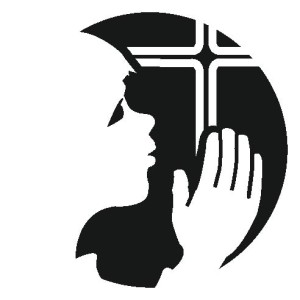
Within Bless Me, Ultima, the emphasis upon religious faith and Catholicism is a central theme throughout the book. Antonio’s mother is constantly praying, conducting rituals, and expressing her welcoming of Antonio’s religious upbringing. Antonio, being brought up with his mother, sees and cherishes this faith, as he too begins to practice and harness the spirit of God. However pleasant this may seem at first, the novel addresses major shortcomings and unanswered questions with regards to Catholicism and theology in general. We see strong criticism from Florence, Tony’s friend who unfortunately and ironically drowns. Investigating pages 196-199, Florence raises questions as to the vast amount of inequality, injustice, and social hardships. On page 196, Florence asks, “how can God let this happen to a kid, I never asked to be born. But he gives me birth, a soul, and puts me here to punish me. Why? What did I ever do to Him?” Antonio then thinks to himself, “For a moment I couldn’t answer. The questions Florence posed were the same ones I wanted answered. Why was the murder of Narciso allowed? Why does evil exist?” (196).
Through this dialogue, we see Antonio’s reluctance to fully submerge himself within his faith. Like Florence, Antonio has substantial reservations about Catholicism and the credibility of God. With the illnesses, the deaths, the tribulations within his community, Tony begins to seriously question his devotion with his faith. Florence is the character who ‘materializes’ Tony’s thoughts… by this, I am talking about how these questions lingered within Tony, but it was Florence who was the one who actually brought them into their conversation. The dauntingly large and seemingly impossible task of ascertaining the reasons behind human suffering and evil is what leaves Tony nearly dumbfounded.
Later in the novel, we see more reservations about Tony’s faith in Catholicism. On page 222, Tony states, “After Easter I went to confession every Saturday and on Sunday morning I went to communion, but I was not satisfied. The God I so eagerly sought was not there.” These unanswered questions have a profound affect upon Tony and his beliefs; and is a substantial turning point of the novel. This is where Tony begins to question what he has been taught, thus constructing a more individualized and intellectual world-view. It is the maturity of Tony that we see through this religious criticism and investigation. As we have discussed the novel being that of a ‘coming of age’ story, here we see this motif in action: we see Tony growing, maturing, and becoming more cognizant of discrepancies between reality and spirituality. Is Tony’s doubtfulness of Catholicism constructive for his maturity? Or is it detrimental due to its destruction of his faith? Regarding the former, the critical analysis and questioning may be seen as imperative for intellectual development and advancement… Questioning and criticizing is how we get to truth, and truth is what leads to knowledge, right? On the other hand, nearly everything Tony has learned about faith comes crashing down — it seems to all be an illusion; some fabricated story that is supposed to bring comfort. What do you think?
Image credit: www.catholic-kids.com
Anaya, Rudolfo. Bless Me, Ultima. New York: Grand Central Publishing, 1972. Print.

